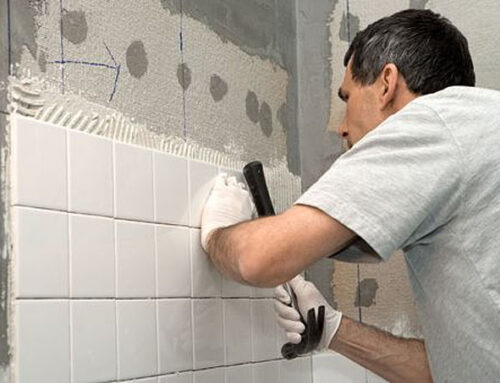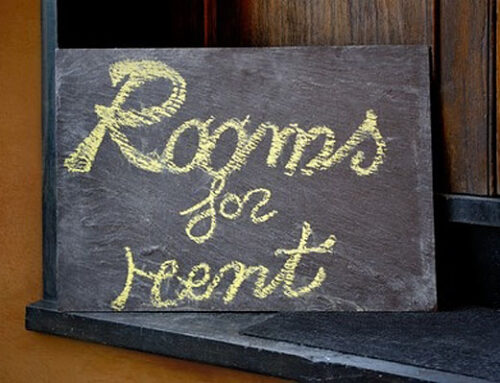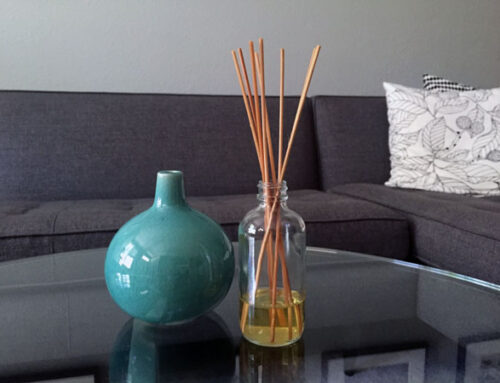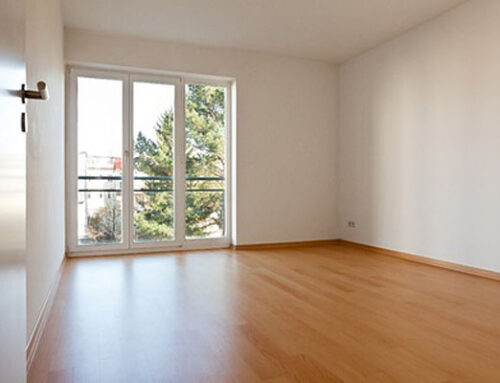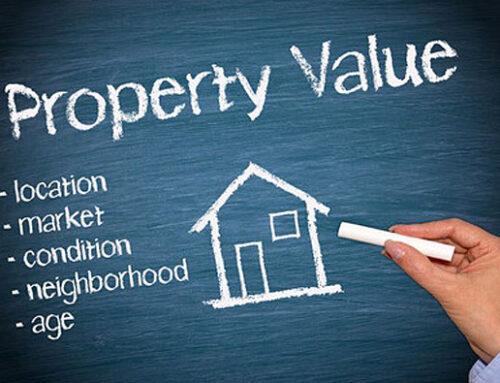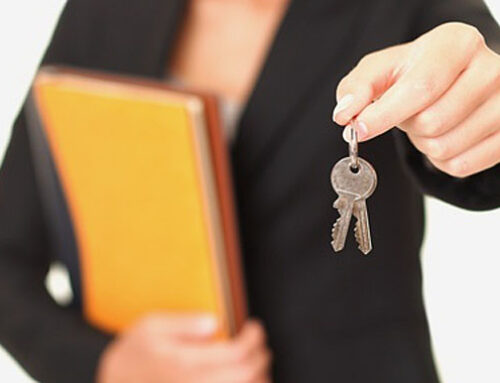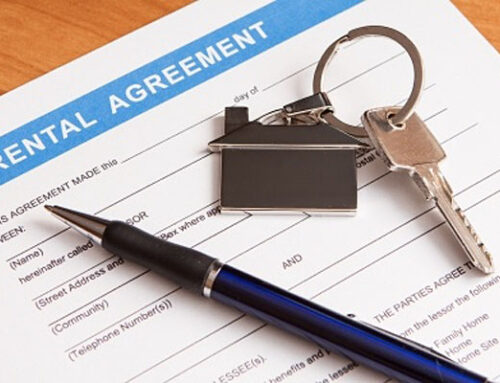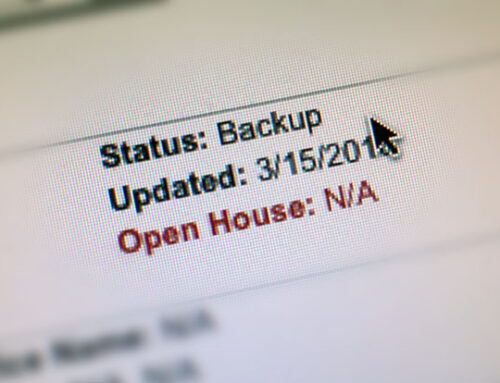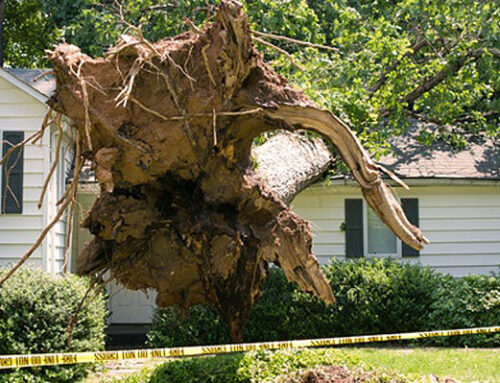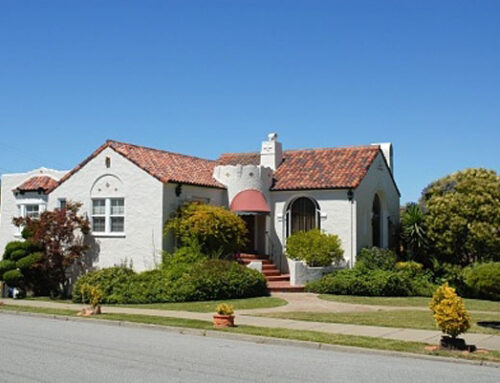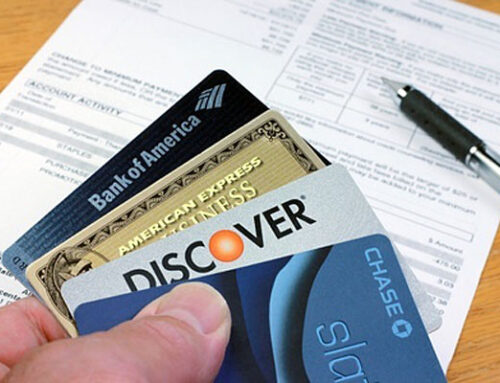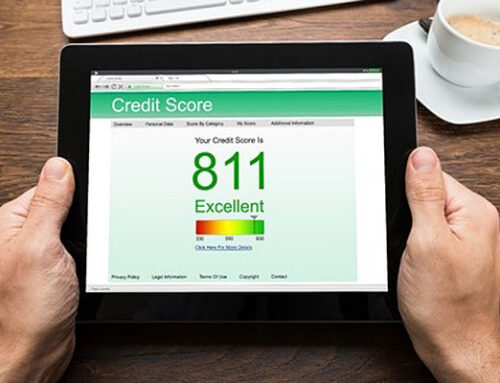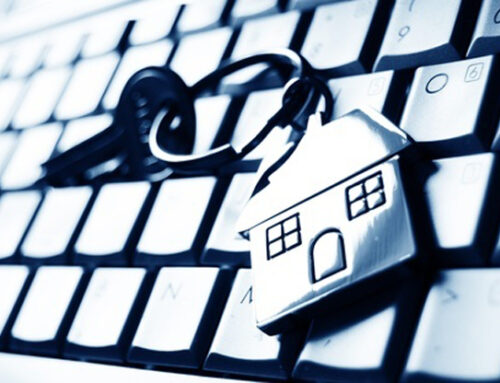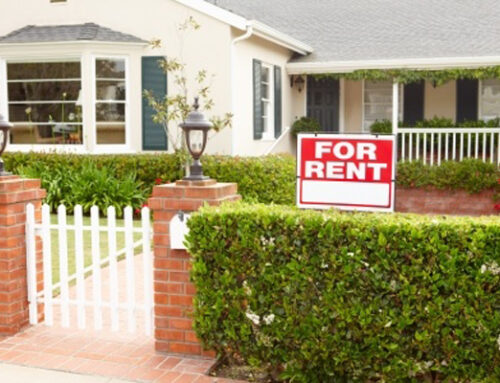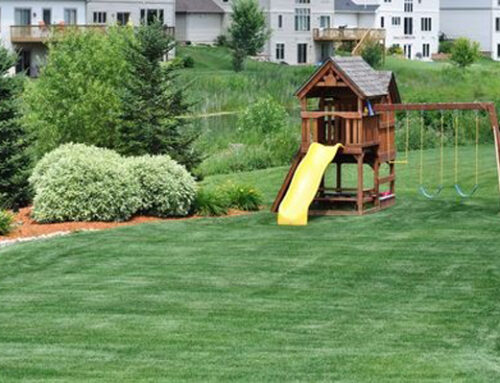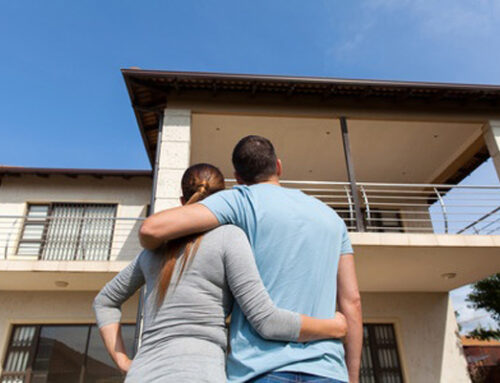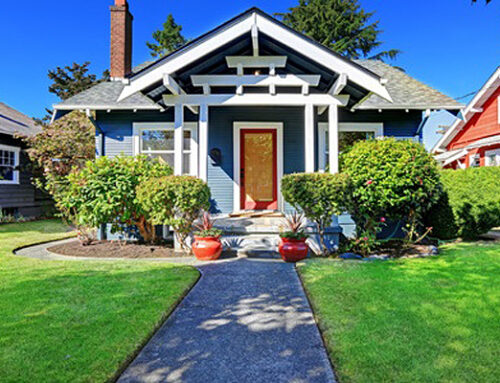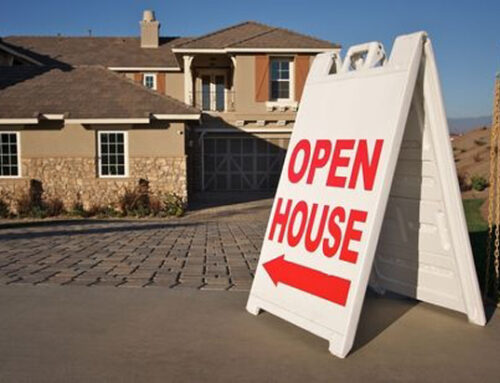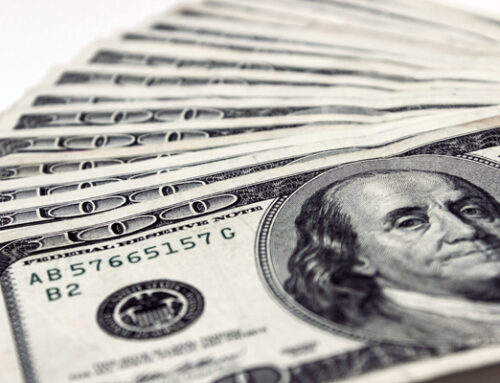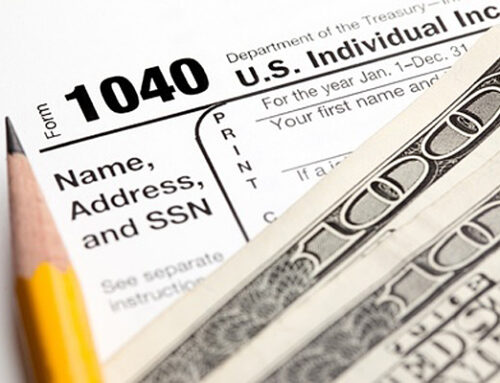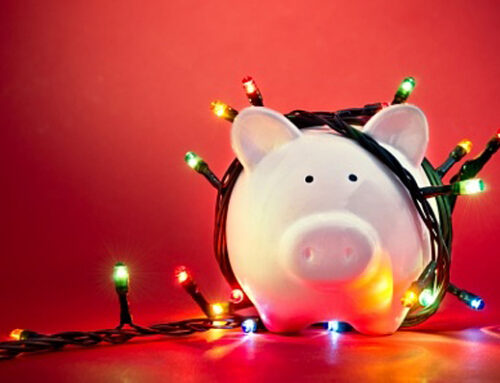In any purchasing situation in which a price isn’t set in stone, asking for a higher price than the merchandise is worth in order to give you some wiggle-room isn’t the worst strategy one can employ. After all, setting the price high leaves you with a chance to get even more than the home is worth, so why not give it a go? This strategy can sometimes be effective, but it can also be disastrous in a number of ways. Here are a few things to consider before you set the price of your home.
Pricing high can lead to a dearth of offers
If you live in a neighborhood with several other homes for sale, you want to be very, very careful with how you set the price of yours. Intentionally setting a high price for your home may well send potential buyers to your neighbors’ homes with prices closer to market value.
Potential buyers know what you’re up to
Savvy home buyers are going to do their due-diligence when it comes to looking for a home. As such, most of them are going to have a ballpark figure, at the very least, of the value of the homes in your neighborhood. When they see one home with nothing special to offer that’s priced significantly higher than the surrounding ones, it can be a significant red-flag that sends a message telegraphing your intentions to get as much as possible for the house.
Your strategy works against the buyer’s
For every seller looking to get top-dollar for their home, there are at least ten buyers looking to get a great deal. When a seller sets the price of a home high, it usually indicates that they’re looking to get, at minimum, market value, while buyers are hoping to get the home at something below that. If you’re looking to get market value for your home, sometimes it’s just best to set the home at the price you’re asking and remain firm when buyers attempt to lowball you.




